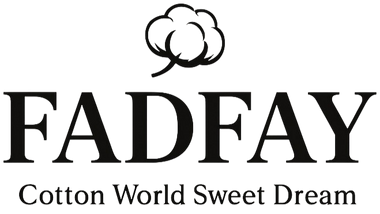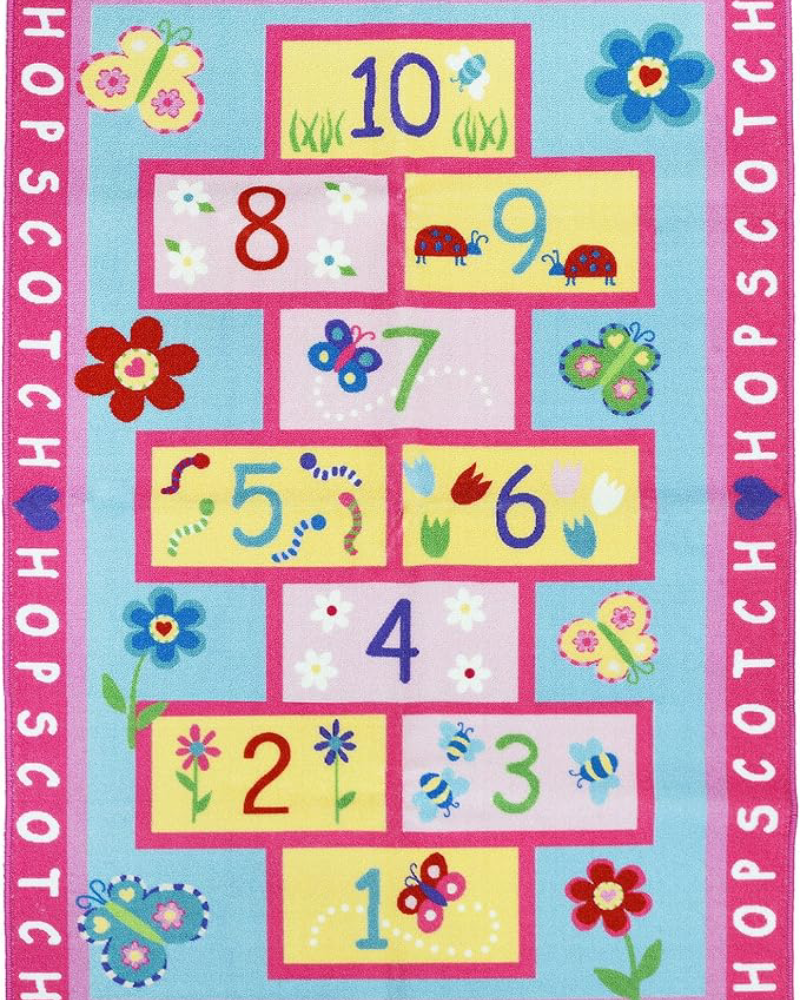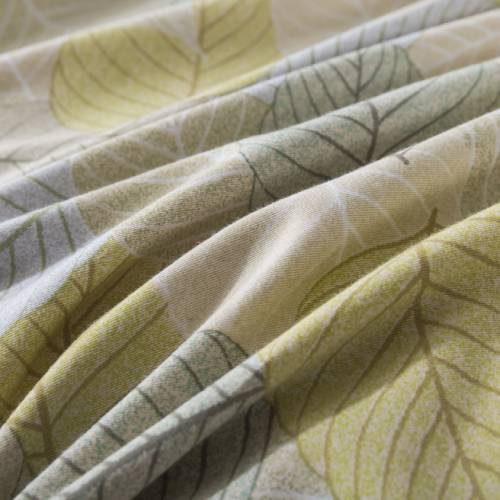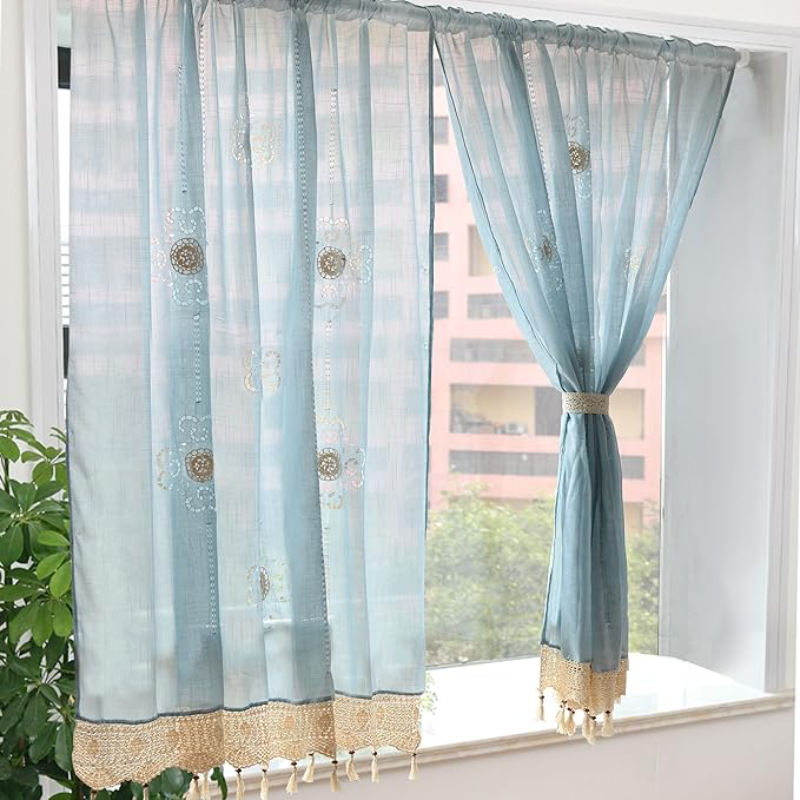As consumers become increasingly conscious of their environmental impact, the question of whether organic cotton is truly better than conventional cotton is often raised. With terms like "sustainable," "eco-friendly," and "organic" flooding the marketplace, it can be challenging to discern what they really mean, especially when it comes to fabric choices. This blog will explore the nuances of organic cotton, its benefits and drawbacks, and what shoppers need to know to make informed decisions.
What is Organic Cotton?
Organic cotton is cotton that is grown without the use of synthetic fertilizers, pesticides, or genetically modified organisms (GMOs). Instead, it relies on natural farming practices that prioritize soil health, biodiversity, and ecological balance. The certification process for organic cotton ensures that the farming practices adhere to strict guidelines set by recognized bodies, such as the Global Organic Textile Standard (GOTS) or the USDA Organic.
Benefits of Organic Cotton
Environmental Impact:
Reduced Chemical Use: Organic cotton farming eliminates the need for synthetic pesticides and fertilizers. This reduction in chemicals not only benefits the environment but also minimizes the risk of chemical runoff into nearby water sources.
Soil Health: Organic practices promote healthier soil through crop rotation, composting, and organic fertilizers. Healthy soil is essential for sustainable agriculture, as it supports biodiversity and retains moisture more effectively.
Water Conservation: Organic cotton generally requires less water than conventional cotton due to improved soil health and moisture retention. This is particularly crucial in water-scarce regions.
Health Benefits:
Safer for Farmers: Farmers growing organic cotton are not exposed to harmful chemicals, reducing their risk of health problems associated with pesticide exposure.
Consumer Safety: Products made from organic cotton are free from toxic residues, making them safer for consumers, especially for those with sensitive skin or allergies.
Biodiversity:
Ecosystem Support: Organic farming practices support a diverse range of flora and fauna, promoting ecological balance. This biodiversity can lead to healthier ecosystems, which are more resilient to pests and diseases.
Quality and Comfort:
Softness: Many consumers find organic cotton to be softer and more breathable than conventional cotton. The absence of harsh chemicals enhances the natural properties of the fabric.
Drawbacks of Organic Cotton
While the benefits of organic cotton are compelling, it’s essential to consider potential drawbacks:
Cost:
Organic cotton products often come with a higher price tag due to the more labor-intensive farming practices and lower yields compared to conventional cotton. This cost can be a barrier for some consumers.
Availability:
Organic cotton is not as widely available as conventional cotton, which can limit consumer options. Shoppers may find that some products are harder to source or may come in fewer colors and styles.
Yield:
Organic cotton typically has lower yields than conventional cotton, which can make it less economically viable for farmers in some regions. This lower yield can contribute to higher prices and supply challenges.
How to Identify Quality Organic Cotton
When shopping for organic cotton, it’s essential to look for certifications that guarantee the product meets specific organic standards:
Global Organic Textile Standard (GOTS): This certification ensures that the cotton is organic from field to finished product, covering environmental and social criteria throughout the supply chain.
USDA Organic: In the United States, products labeled as USDA Organic must adhere to strict national standards for organic farming.
Organic Content Standard (OCS): This certification verifies the organic status of raw materials and tracks them through the supply chain, ensuring transparency.
Fair Trade Certification: While not specific to organic practices, Fair Trade certification can indicate ethical labor practices and fair wages for farmers, making it a valuable consideration for conscious shoppers.
Tips for Shoppers
Do Your Research: Familiarize yourself with the brands and their sourcing practices. Look for companies that are transparent about their supply chains and the certifications they hold.
Check the Labels: When shopping, always check for organic certifications on the product labels. This helps ensure that you are purchasing genuine organic cotton.
Consider Your Needs: Think about what you prioritize in a product. If sustainability and health are your primary concerns, investing in organic cotton may be worth the higher price.
Start Small: If you’re unsure about making the switch to organic cotton, start with a few key items, such as bedding or clothing. This allows you to experience the benefits without fully committing to a complete overhaul of your wardrobe or home.
Look for Versatile Items: When purchasing organic cotton, consider versatile pieces that can serve multiple purposes. This can help maximize your investment and reduce waste.
Comparing Organic Cotton with Conventional Cotton
When weighing the benefits and drawbacks of organic versus conventional cotton, it’s essential to consider their broader implications:
Environmental Responsibility: Organic cotton farming practices prioritize ecological balance, helping to mitigate the environmental damage associated with conventional cotton production. By choosing organic, consumers can contribute to more sustainable agricultural practices.
Health Considerations: The absence of harmful chemicals in organic cotton products offers peace of mind for consumers concerned about their health and well-being.
Consumer Demand: As more consumers seek sustainable products, the demand for organic cotton is likely to grow. This trend could lead to increased availability and potentially lower prices over time.
Long-Term Benefits: While the initial cost of organic cotton products may be higher, investing in quality, sustainable products can lead to long-term benefits for both the environment and consumer health.
Conclusion
The question of whether organic cotton is really better depends on individual values and priorities. For those who prioritize environmental sustainability, health, and ethical practices, organic cotton presents a compelling choice. However, it’s essential to consider factors like cost and availability when making purchasing decisions. By understanding the differences between organic and conventional cotton and being informed about certifications, shoppers can make choices that align with their values and contribute to a more sustainable future. Ultimately, embracing organic cotton is not just about fabric; it’s about making a conscious decision to support a healthier planet and a more ethical textile industry.







